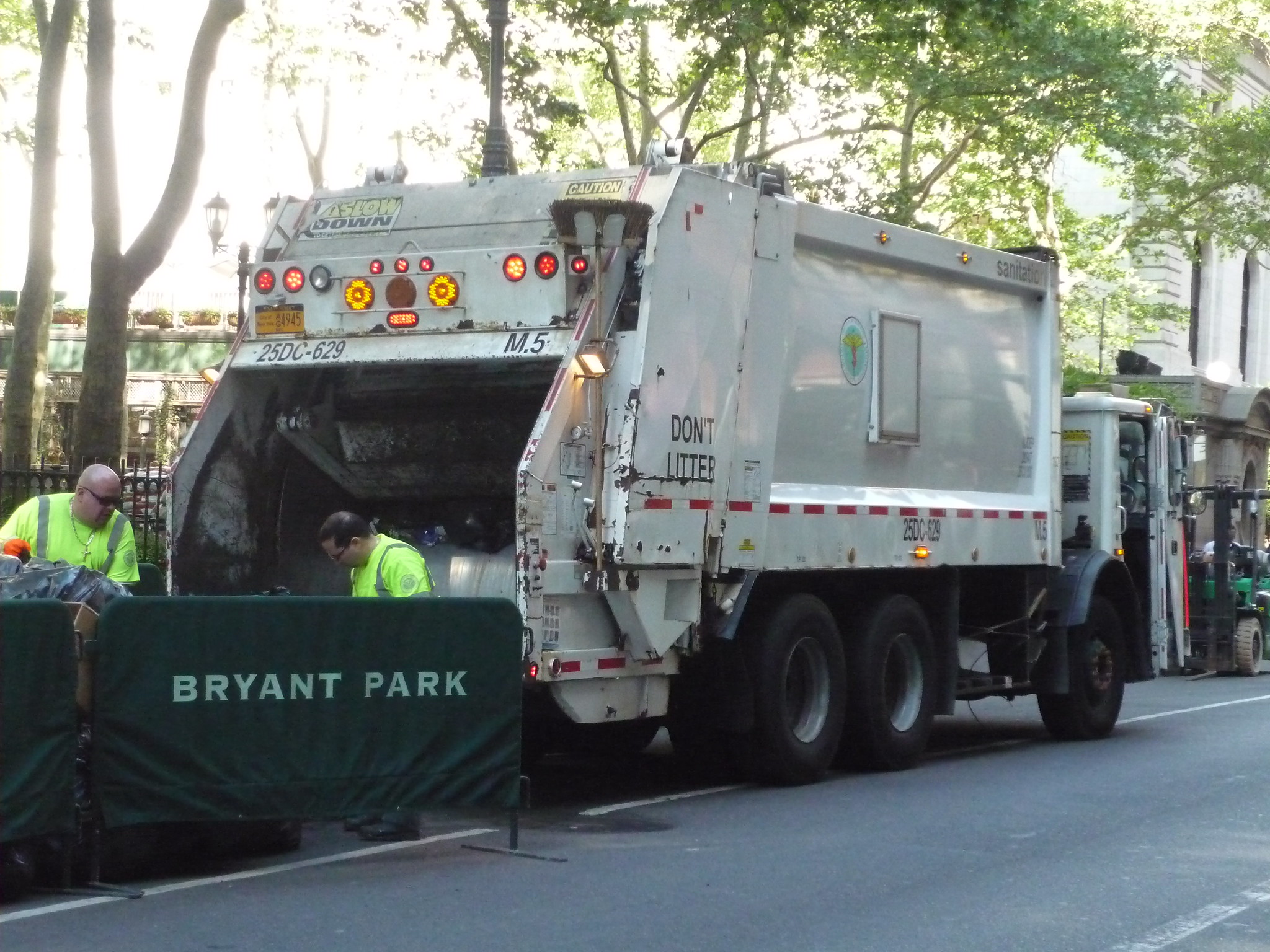About 95 percent of Americans celebrate Christmas in one way or another; but for many, the holiday spirit is clouded by stress. An anxiety to fulfill others’ wishes and expectations for gifts can be overwhelming, especially on a tight budget. Yet the fact is, most of us have too much stuff to begin with.
Our global economy has made it possible for the average American to purchase — pretty much at will — far more than they need. The result: a house full of items that mostly go unused. Christmas thus becomes a time we worry about finding a unique gift for countless individuals who already have more than they want.
If we take a moment to reflect on the true spirit of Christmas, the remedy becomes clear: Give selflessly and from the heart, but focus your material generosity on those who need it. Less tangible and ephemeral gifts — like our time, assistance, shared experiences and consumables — may be more valuable for our dearest friends and family. How does this work? Let’s start from the beginning.
Examine your intent
What is your motivation in selecting gifts? Far from a competition to match or out-do others, the intent of giving should be to spread joy, strengthen bonds, and show loving kindness. While cost is certainly a concern, it may actually be the least important component of your gift.
Even if you can afford extravagant gifts, the thought you put into your present is more important than its price tag. Let’s look at some meaningful ways to be generous on any budget.
The gift of time
Success
You are now signed up for our newsletter
Success
Check your email to complete sign up
Unless a person is in financial need, giving of yourself is infinitely more meaningful than monetary gifts. There are countless ways to warm the hearts of those around you without breaking the bank.
Unsolicited assistance

Elderly people have a hard time doing all the things they used to, but they might not like to bother others by asking for help. Anticipate the needs of your aging neighbors and relatives and help them out when you can. Whether it be shoveling their walk, changing light bulbs, or helping them make Christmas cookies, your company and heartfelt kindness will never go unappreciated.
Share your talent

Do you have a special skill or creative ability? A hand-crafted example of your fine work may be highly appreciated — especially for those who have already expressed their admiration. A bit of woodworking, pottery, knitting, preserves or baked goods make practical gifts with a personal touch.
Share your inspiration

Have you discovered a source of boundless joy or welcome serenity? Passing this on to others can be a lasting, life-changing gift. Whether it be a fascinating hobby, an energizing daily practice or a spiritual path, you can provide the means for someone else to give it a try. Express your enthusiasm with a sincere heart, and you will not only stimulate some interest, but perhaps enrich their lives in a profound way.
Share an experience

After living through pandemic restrictions, most of us have gained a greater appreciation for our fellow humans. Whether it be hiking through the woods, visiting a museum, or a together craft, inviting someone to join you in a fun activity is a great way to create memories and show your fondness for their company.
Of course, there is no “one size fits all” in terms of gifts, and taking the time to consider the recipient’s character and circumstances will ensure that your gift hits the mark.
Consider your recipient
Whether you are giving to your cousin or your mail carrier, dig up some relevant details regarding their preferences. Their favorite color, a special interest or hobby, dietary restrictions, or health concerns can all help shape your choice of gift. Through careful observation and gentle probing, you’ll not only avoid a gifting disaster; you’re likely to find some unexpected commonalities worth bonding over.
Children

Young children are a pleasure to buy for, as everything is new and exciting to them. Yet with every passing year it gets a little trickier. Ask your young friends what they would like, but check with their parents and double check with your conscience before satisfying their every wish. If you can steer them toward a love for books or wholesome activities rather than the most popular video games, you will be doing them a favor.
Young adults
College students and recent grads are one group where cash is a welcome and useful gift. A moderate amount can go a long way as they learn to manage their financial affairs. Alternatively, a gift card to their local grocery or a classic cookbook can help them develop their independent living skills.
Service people

While it is unlawful to present your USPS mail carrier with a monetary gift (or anything exceeding a $20 value), other service personnel — like your paper carrier, trash collector, mechanic or cleaning lady — will happily accept cash as recognition and appreciation for their service.
A personal note, thanking them for a job well done, can help them feel pride in their work and the incentive to continue providing good service.
















